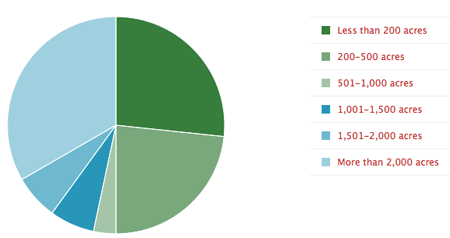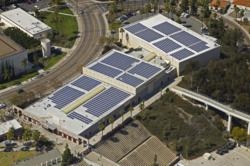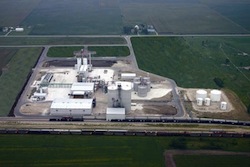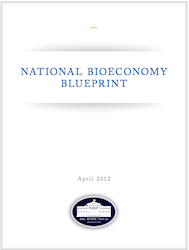Our latest ZimmPoll asked the question, “With all of the discussion on projected corn acres this year, how many acres of corn do you expect to plant this year?” A full third of respondents said More than 2,000 acres. That was followed by less than 200 acres at 27%; 200-500 acres at 23%; 1,501-2,000 at 7%; 1,001-1,500 at 7% and 501-1,000 at 3%. Looks like we have a wide cross section of corn growers in the ZimmComm News Network community!
Our new ZimmPoll is now live and asks the question, “Should raw milk be allowed for sale?” This week’s question is prompted by one of the panelists here at the 2012 Animal Agriculture Alliance Stakeholders Summit. She is a reporter with a food safety publication who says that this issue is the one that gets the most comments and response of any other. Seems people get pretty passionate about their beliefs when it comes to milk. Raw milk is still the suspect in an E. Coli breakout with 14 confirmed cases in central Missouri that put a couple of people in the hospital. What do you think?
Let your friends and neighbors know they can participate by sharing this link.
![]() ZimmPoll is sponsored by Rhea+Kaiser, a full-service advertising/public relations agency.
ZimmPoll is sponsored by Rhea+Kaiser, a full-service advertising/public relations agency.












